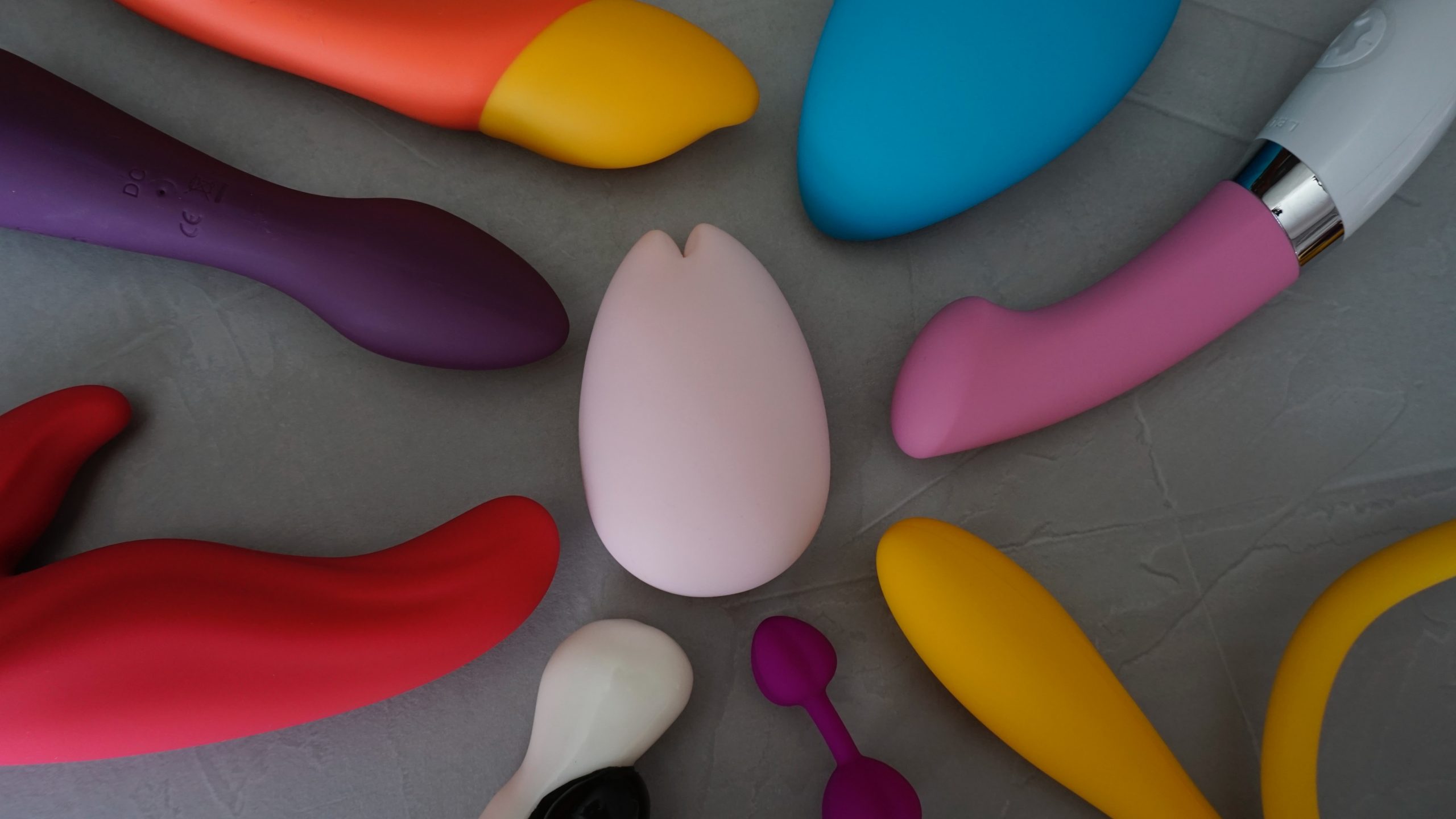
Comment Editor Phoebe Snedker explores the exclusion of female sexual pleasure from our education system and highlights the need for more sex-positive discussions
It doesn’t take a genius to point out that the concept of female pleasure is a silenced, hidden aspect of our society – unless that pleasure directly benefits men. Earlier this year, AQA removed influencer Zoella from their GCSE Media Studies courses, following her guide for the best sex toys to ‘spice your life up’. AQA suggested that such content is ‘unsuitable for GCSE students’, but positive and open conversations about female sexual pleasure is something we should be encouraging young women to engage with, rather than teaching another generation of girls that they should be ashamed of their sexual curiosity and desires.
“Positive and open conversations about female sexual pleasure is something we should be encouraging young women to engage with
My experience with sex education, as I’m sure, was the same for most of my peers. Uncomfortably narrow and bleak. The boys were taught about hygiene, protection, and how masturbation is good for them. The girls were taught that periods were something to be kept discreet, that sex was about making a man cum, and that it was your responsibility to not get pregnant. With our education system telling us that knowledge on the female sexual experience is ‘unsuitable’, it sends a clear message that the concept of women’s pleasure is wrong, or something to be ashamed of.
Not only is this an unfair depiction of sex and pleasure, it may also be putting young women in danger. More often than not, we pass off sexual harassment and uncomfortable comments or touches from men as being normal or expected. This is largely down to our understood narrative of sexual intimacy; our bodies are an object of sexual pleasure – not to be experienced by ourselves, but by someone else. I, for one, spent the majority of my early teens confused and almost afraid of my vagina – masturbating as a girl was weird, something that was only praised by my male peers in the form of pornography, which ironically accompanied their own masturbation.
“Open conversations about pleasure will help erase the shameful stigma that looms over the topic
Online porn felt scary, but at the same time it felt like the only way to learn, or to at least keep up with other people my age. The majority of straight pornography appeals primarily to the male gaze, so if young people are consistently using it as a way to understand sex, it is further forcing upon us that women are an object of sexual pleasure for others, rather than a subject that can experience pleasure themselves. This also raises concerns about our understanding of consent – young women may become more susceptible to coercion into sexual acts as they feel they are supposed to please male partners by sending nudes, pleasuring them, and so forth, rather than because they want to. This is a pressure particularly prevalent in secondary schools, colleges and sixth forms, which makes it all the more confusing that AQA would deem such information “unsuitable”.
“Sex toys clearly exist for a reason, and many of us own them – so why are we still so hesitant to talk about it?
While platforms such as Tiktok, Instagram and Youtube have gradually become more accepting of creators posting sex-positive content and encouraging women and LGBTQIA+ people to safely explore pleasure outside of the hetero-normative boundaries of British education, society still remains far too dormant when it comes to discussing pleasure, sex and consent. Dildos, vibrators, and other sex toys clearly exist for a reason, and many of us own them – so why are we still so hesitant to talk about it? How have we allowed this unspoken rule to occur, that women feel they cannot possibly admit they masturbate, when the majority of us do – and often.
These sex-positive discussions online are so important for future generations – sex and masturbation are things we all discover at some point. It is better that teens are well-equipped with knowledge about their bodies and exploring them, rather than teaching them that there is something shameful about pleasure, when we all desire and experience it. Influencers openly discussing masturbation and sex without sugar coating it. This is something I know would have benefited me and my confidence in my body when I was a teenager, and so I struggle to understand why positivity and openness about pleasure is something schools so vigorously want to keep hidden.
“It is important for our society to establish a way of learning about sex and pleasure that is not just limited to pornography
While ‘the talk’ will always feel a little cringey from your parents, the longer it takes for adults and our education system to actually teach us about sex, masturbation, and mutual pleasure in an manner that is free from shame, the more people will continue to seek out this information online. It is clear that pornography can be quite a damaging way to ‘learn’ about sex, and for this reason, influencers such as Zoella should be praised for speaking openly about female pleasure, not ridiculed! It is important for our society to establish a way of learning about sex and pleasure that is not just limited to pornography and awkward sessions at school. This will just continue to brainwash young people into seeing pleasure in a taboo, fetishised and unbalanced way. Open conversations about pleasure will help erase the shameful stigma that looms over the topic, and so education boards should be encouraging this wherever possible, not just sweeping it under the carpet.
Read more from Life&Style:
Rubbing Out Sexist Attitudes Towards Female Masturbation

Comments